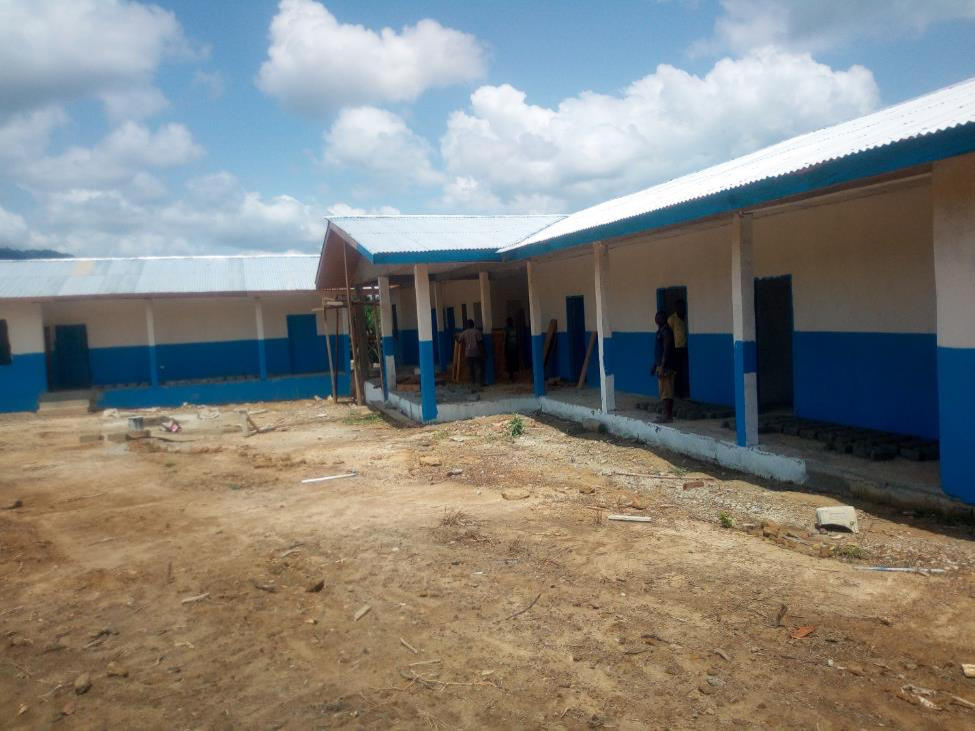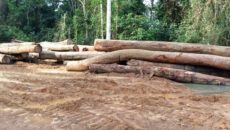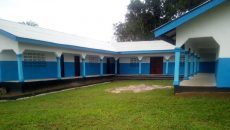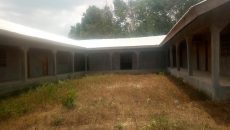TIAH TOWN, Nimba – A 20-Bed health facility sponsored by the Community Forestry Development Committee of Forest Management Contract Area K is nearing completion in Lower Nimba.
A forest management contract refers to a long-term forest resources license issued by the government to allow a company access to a tract of forest land. There are three forest management contracts in River Cess and Lower Nimba: B, C, and K.
In each contract area, a community forestry development committee is formed to represent the affected communities and is responsible for insuring that the communities receive their social benefits and that the benefits are distributed equally.
According to engineers constructing the facility, the completed health center will have a maternity unit, emergency rooms, and wards for males and females.
The total cost of the project, according to Alexander Wontar, the supervisor of the construction company, is US$125,000. The facility is expected to be completed in March.
“The project started April 2017 and will end March 2018,†Wontar said. “This is why you are seeing all the contractors here busy.â€
The 2006 New Forestry Reform Law requires communities affected by logging activities to receive 30 percent of fees paid by logging companies to the national government.
The International Consultant Company is operating on 266,910 hectares of land for Forest Management Contract K, in both River Cess and Nimba.
According to national benefits sharing trust board’s statistics, ICC has paid the total of US$1,422,412 to the government as land rental fees. The amount owed to the communities is 30 percent of this figure, US$426,724; however, the government has only paid US345,992.
When the facility is completed, it will serve both River Cess and Nimba, as it is strategically situated between the border towns of the two counties.
Residents of Tiah Town told The Bush Chicken that the construction of the health facility is a sign of relief to their community.
In the nearby Weight Town, Elizabeth Zialu said residents currently have to travel to Monweh in River Cess or Tappita to receive medical treatment.
“Many people die because we don’t have any nearer health facilities in this area,” Zialu said. “If you don’t have L$3000 (US$22.22) to go to River Cess or Tappita, that person dies.”
Featured photo by Eric Opa Doue



